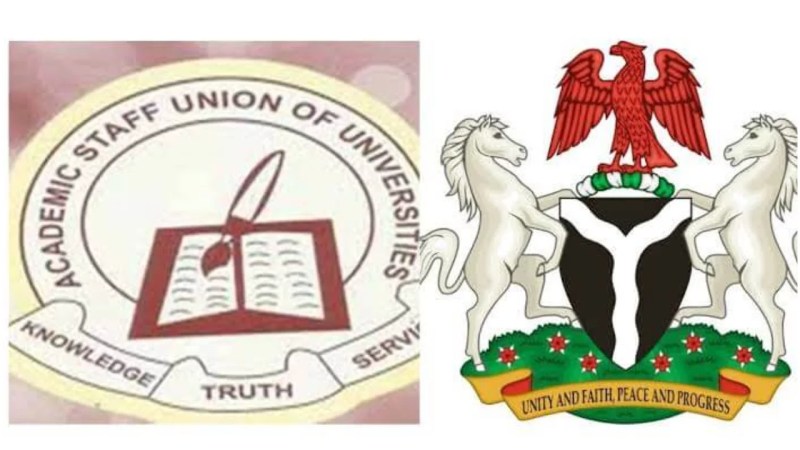President Buhari accused ASUU of prolonging strike for flimsy reasons and corruption in the education sector
October 5,2022
President Muhammadu Buhari has accused the Academic Staff Union of Universities (ASUU) of prolonging the strike for flimsy reasons and corruption in the education sector.
President Buhari while speaking at the 4th national summit on diminishing corruption in the public sector held at the state house, Abuja, on Tuesday, said that corruption in the education sector was undermining his administration’s investment in education
We
reports that Buhari’s statement came about eight months after members of the ASUU, on February 14, started their ongoing strike.
Buhari said, “Incessant strikes, especially by unions in the tertiary education, often imply that government is grossly under-funding education, but I must say that corruption in the education system from basic level to the tertiary level has been undermining our investment in the sector and those who go on prolonged strikes on flimsy reasons are no less complicit,”
Government and stakeholders in the educational sector are concerned about the manifestation of various forms of corruption in the education sector. I am aware that students in our universities, for example, use different terminologies to describe different forms of corruption they experience on our campuses. There is sorting or cash for marks/grades, sex for marks, sex for grade alterations, examination malpractice, and so on,” he added.
According to the president, lecturers were involved in payroll padding, ghost working, aiding students in illegal project writing, and many other forms of corrupt practice.
Sexual harassment has assumed an alarming proportion. Other forms of corruption include payroll padding or ghost workers, lecturers taking up full-time appointments in more than one academic institution, including private institutions, lecturers writing seminar papers, projects, and dissertations for students for a fee, and admission racketeering, to mention only the most glaring corrupt practices.”






